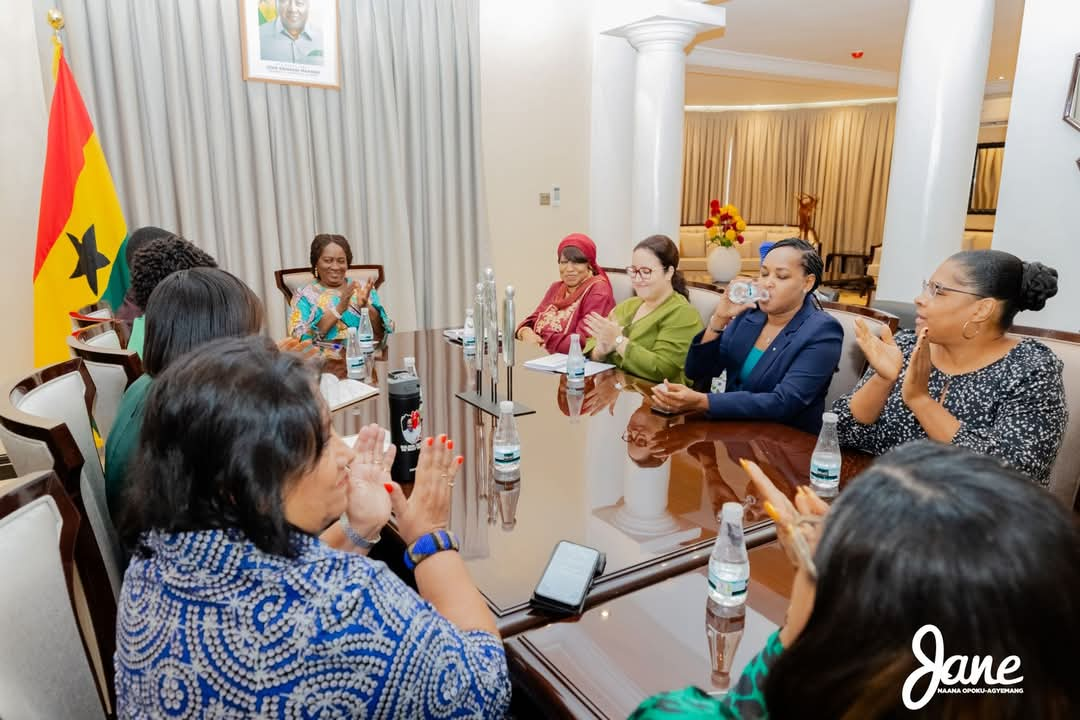BEGGING IN THE STREET: THE BALANCE BETWEEN RELIGIOUS PRACTICE AND THE LAW.
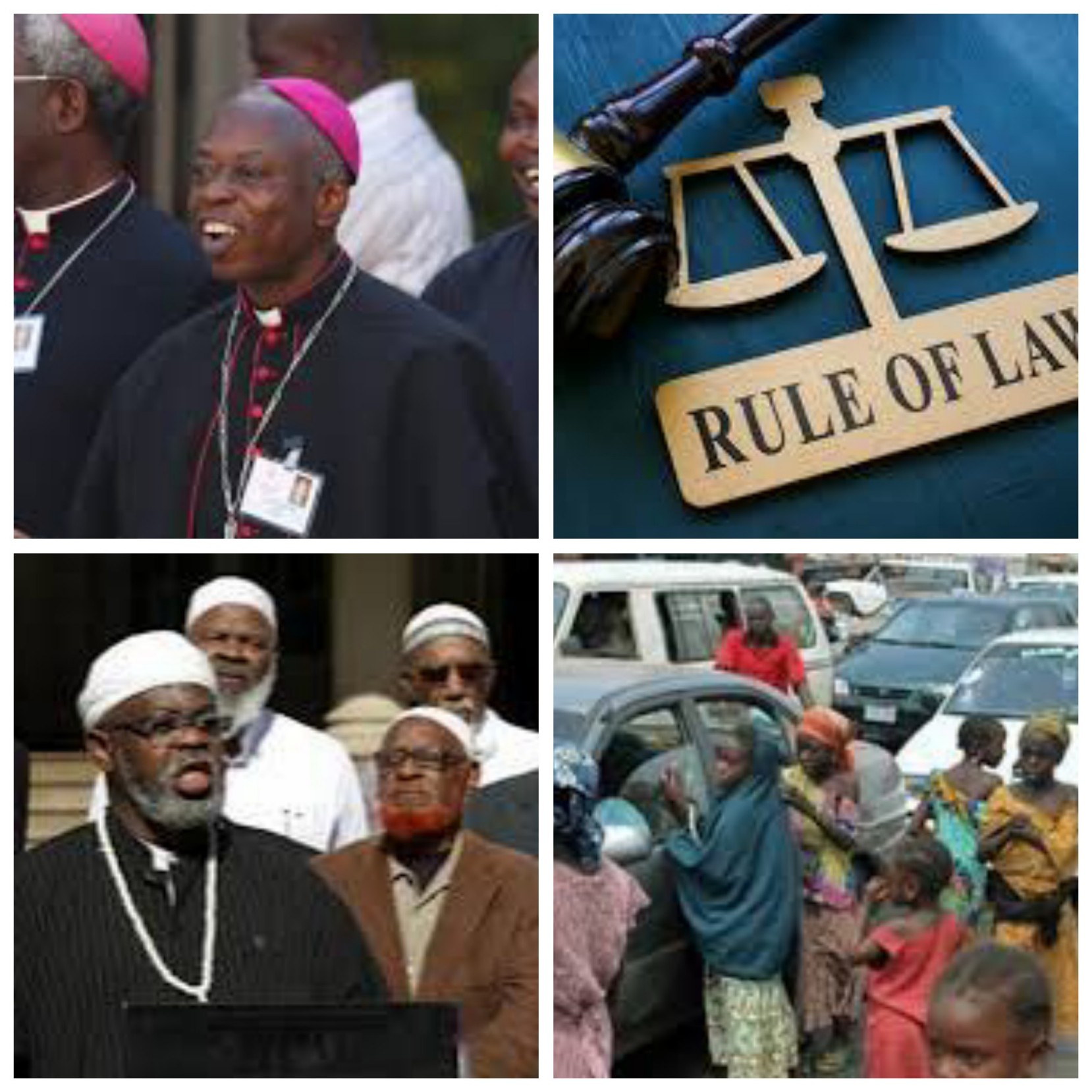

As a Christian, I am inspired to give generously because the Holy Bible encourages it. Similarly, the Holy Quran teaches my Muslim friends the value of charitable giving.
Moreover, I believe that giving wholeheartedly is a universal principle that transcends religious boundaries. Regardless of one’s faith or belief, giving with a willing heart is a noble practice that benefits both the giver and the receiver.
The Holy Bible teaches the value of generosity, with Proverbs 19:17 declaring, ‘Whoever is generous to the poor lends to the Lord, and He will repay him for his deed.’ Additionally, verses like 1 John 3:17, Deuteronomy 15:11, Matthew 25:35, and Luke 6:38 emphasize the importance of giving to those in need, promising blessings and rewards for our kindness.
, The Holy Quran also states, ”Indeed, the men who practice charity and the women who practice charity, i.e., those who have loaned Allah a goodly loan – it will be multiplied for them, and they will have a generous reward” (Al-Quran 57:18). Other verses in the Holy Quran that endorse giving to the needy and poor include Al-Quran 9:60, Al-Quran 99:6-7, Al-Quran 2:271, and Al-Quran 2:276.
However, I personally do not condone the practice of allowing or encouraging beggars to beg for money in the streets, as there are better alternatives that come with dignity and value. In fact, there are many sustainable alternatives that can be explored.
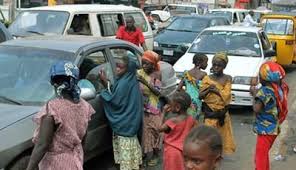
No Justification for Beggars
Let me put it to everyone in Ghana here and now that, regardless of seeing beggars in some advanced economies or advanced countries, begging in public space especially in street, market, lorry park, and suchlike is forbidden by Law. I have no disregard for religious doctrines on giving and the practising mercy for the needy or poor. No! Again no ill feeling for beggars.
Let me make it clear to everyone in Ghana that, despite seeing beggars in some advanced economies or countries, begging in public spaces such as streets, markets, lorry parks, and similar areas is illegal.
I want to emphasize that this stance does not stem from disregard for religious teachings on giving and showing mercy to the needy or poor. Nor do I harbor any ill feelings towards beggars themselves.
My intention is to highlight that begging in public spaces is forbidden by law and should not be encouraged or normalized.
In Ghana, the Beggars and Destitute Act of 1969 (NLCD 392) explicitly prohibits public begging and makes it a punishable offense. Both the person giving and the person receiving can face penalties, including imprisonment or a fine. This law aims to discourage public begging and promote more sustainable and dignified ways of addressing poverty and need.
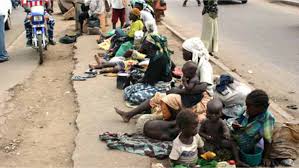
The Biblical and Quranic Perspective on Begging
The Holy Bible encourages caring for the poor and needy, it does not encourage begging or laziness. Instead, it teaches a balance between helping those in need and promoting personal responsibility and hard work.

The Holy Bible does not explicitly encourage begging, however, it teaches the importance of caring for the poor and needy. In fact, the Bible has a strong emphasis on helping those in need, and many scriptures encourage generosity and kindness towards the poor
Proverbs 10:4 says, “Lazy hands make for poverty, but diligent hands bring wealth.” This verse highlights the difference between those who are genuinely in need and those who are unwilling to work. 2 Thessalonians 3:10 says, “For even when we were with you, we gave you this rule: ‘The one who is unwilling to work shall not eat.'” These scriptures in the Holy Bible distinguish between the “poor” and the “lazy”, and emphasise the importance of personal responsibility and hard work.
According to the Holy Qaran, Surah Al-Baqarah, Verse 274, “Those who spend their wealth in the Cause of Allah, and thereafter do not boast of their generosity, nor do they cause harm, shall have their reward with their Lord. They will have no fear, nor shall they grieve”. This implies that giving should be done discreetly, without seeking attention or praise from others.

Again, Surah Al-Baqarah, Verse 273 states: “Charity is for the poor who are confined in the way of Allah, unable to move about in the land. The ignorant think them rich because of their modesty, but you shall know them by their mark. They do not beg of people with importunity.”
I should emphasise that, both the Holy Bible and the Holy Quran emphasizes the importance of self-respect, hard work, and seeking knowledge and skills to become self-sufficient. It also encourages helping others, but not by begging or relying on others for sustenance. Instead, it promotes giving to those in need while respecting their dignity and encouraging them to become self-sufficient as well.
Beggars in Uniform
In most urban areas in Ghana, it’s disheartening to see many young and capable individuals usually in uniforms begging in traffic areas, displaying distressing images. Each time I encounter them, I ponder how sustainable this situation is for them. Moreover, I question who should assume responsibility for helping these young beggars off the streets and into more supportive environments.

Children/ Women Beggars
It’s heartbreaking to see children, women, and individuals with disabilities, including those in wheelchairs or who are blind, being accompanied by minors of school-going age in street begging. Surprisingly, some of these beggars are expatriates.
While their stories may evoke empathy, I still question the sustainability of this approach.
It’s crucial to recognize that these individuals deserve dignity and support. Instead of perpetuating a cycle of begging, it’s in the best interest of both the beggars and the State to explore alternative solutions that promote their well-being and empowerment.
This might include access to education, vocational training, and social services that address their specific needs and enable them to lead more fulfilling lives.

Enough Support for Destitutes
While I acknowledge and appreciate the efforts of the government, non-governmental organizations, and philanthropists in supporting the destitute in Ghanaian society, I strongly believe that the time has come for us to reassess and scale up our support for these vulnerable individuals.
We need to do more to address the lingering issues of poverty, inequality, and social exclusion that continue to affect their lives. By increasing our support and resources, we can work towards creating a more inclusive and equitable society where everyone has the opportunity to thrive.

I want to commend the Ministry of Gender, Children and Social Protection (MoGCSP) for their tireless efforts in supporting vulnerable individuals in Ghanaian society. The initiatives such as Livelihood Empowerment Against Poverty (LEAP), Ghana School Feeding Programme (GSFP), Social Protection Program (SPP), National Health Insurance Scheme (NHIS), and Ghana National Household Registry (GNHR) have made a positive impact on the lives of destitutes and vulnerable groups.
However, despite these efforts, I strongly believe that we need to intensify our efforts to achieve impactful performance and ultimately end begging in public places. We must strive to do more to address the root causes of poverty and social exclusion, and work towards creating a society where everyone has access to basic necessities and opportunities to thrive.
Enforcement of Beggars and Destitute Act
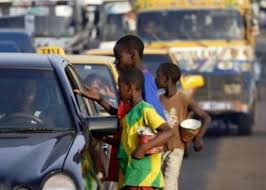
Enforcing the Beggars and Destitute Act is vital to maintaining a clean and orderly environment, as well as upholding the rule of law. Strict implementation of this law would serve as a deterrent to individuals and groups who feign destitution to exploit the public’s sympathy. By enforcing this law, we can prevent the exploitation of vulnerable individuals, promote a culture of accountability, and ensure that genuine cases of need are addressed through appropriate channels. This would ultimately contribute to a more organized and compassionate society.
Conclusion
As we work towards a society that prioritizes dignity and compassion, let’s unite to eliminate street begging and support those who need it most. I urge the government, NGOs, and philanthropies to boost their efforts and resources to provide long-term solutions for the destitute and vulnerable. By working together, we can create a society where everyone has access to basic needs, opportunities to succeed, and the chance to live with dignity. Let’s take action now to end street begging and build a better future for all. The time for change is now!.
By Thomas Asem Awuah, Assistant PRO of KMA (0243180405)



